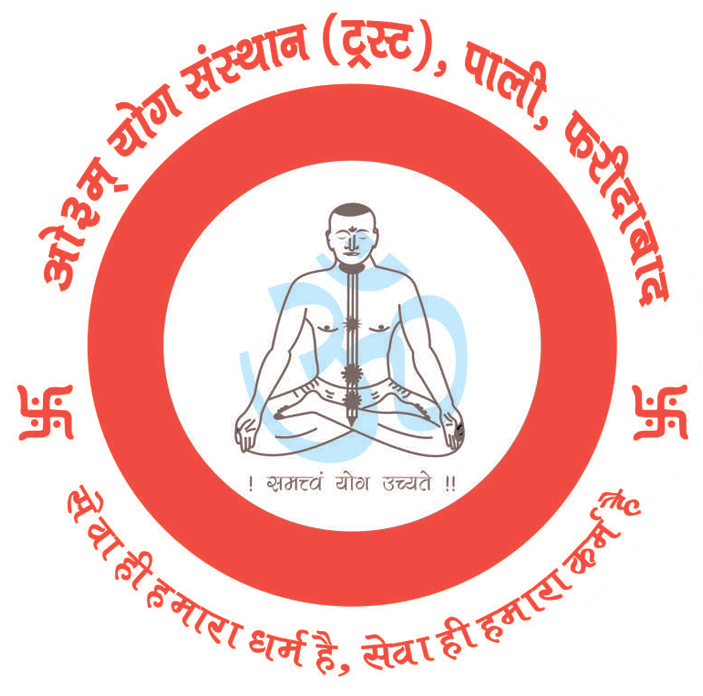According to Ayurvedic philosophy an individual bundle of ‘spirit’, desirous of expressing itself, uses subjective consciousness or satva to manifest senses organs and mind. Spirit and mind then project themselves into a physical body, created from the five (Pancha) great (Maha) eternal elements (Bhutas) together called the PANCHMAHABHUTAS which arise from Tamas. The sense organs then using Rajas to project from the body into the external world to experience their objects. The body becoming the mind’s vehicle, its physical instruments for sense gratification.
The Bhutas combine into “Tridoshas” or bioenergetic forces that govern and determine our health or physical condition. While the three Gunas (Rajas or activity, Tamas or inertia and Satwa, which balances the first two) or physic forces determine our mental and spiritual health. Ayurved is thus a holistic system of health care that teaches us to balance these energies in order to achieve optimum health and well being.
Ayurveda emphasizes prevention of disease, rejuvenation of our body systems, and extension of lifespan. The profound premise and promise of Ayurveda is that through certain practices, not only can we prevent heart disease and make our headaches go away, but we can also better understand ourselves and the world around us, live a long healthy life in balance and harmony, achieve our fullest potential, and express our true inner nature on a daily basis.
Ayurveda provides an integrated approach to preventing and treating illness through lifestyle interventions and natural therapies. It is based on the view that the elements, forces, and principles that comprise all of nature – and that holds it together and make it function – are also seen in human beings. In Ayurveda, the mind (or consciousness) and the body (or physical mass) not only influence each other – they are each other. Together they form the mind-body. The universal consciousness is an intelligent, aware ocean of energy that gives rise to the physical world we perceive through our five senses. Ayurvedic philosophy and practices link us to every aspect of ourselves and remind us that we are in union with every aspect of nature, each other, and the entire universe.
There can be no mental health without physical health, and vice versa. In Ayurveda, symptoms and diseases that could be categorized as mental thoughts or feelings are just as important as symptoms and diseases of the physical body. Both are due to imbalances within a person, and both are treated by restoring the natural balance mentally and physically. In Ayurveda, your whole life and lifestyle must be in harmony before you can enjoy true well being. Lifestyle interventions are a major Ayurvedic preventive and therapeutic approach.
In India, Ayurvedic practitioners receive state-recognized, institutionalized training in parallel to their physician counterparts. The research base is growing concerning the physiological effects of meditative techniques and yoga postures in Indian medical literature and Western psychological literature. Published studies have documented reductions in cardiovascular disease risk factors, including blood pressure, cholesterol, and reaction to stress, in individuals who practice Ayurvedic methods.
Laboratory and clinical studies on Ayurvedic herbal preparations and other therapies have shown them to have a range of potentially beneficial effects for preventing and treating certain cancers, treating infectious disease, treating diabetes, promoting health, and treating ageing. Mechanisms underlying these effects may include free-radical scavenging effects, immune system modulation, brain neurotransmitter modulation, and hormonal effects.
Ayurvedic Products

Om Yog Sansthan has its own Pharmacy which is situated in Haridwar. The name of the Pharmacy is Om Yog Pharmacy. There we manufacturing authentic & quality Ayurvedic Medicines as well as processed food products. We have well-qualified staff in our Quality Control Department and in the Production Department. Where we prepare all the medicines strictly according to Ayurveda Literature.

Give a Reply